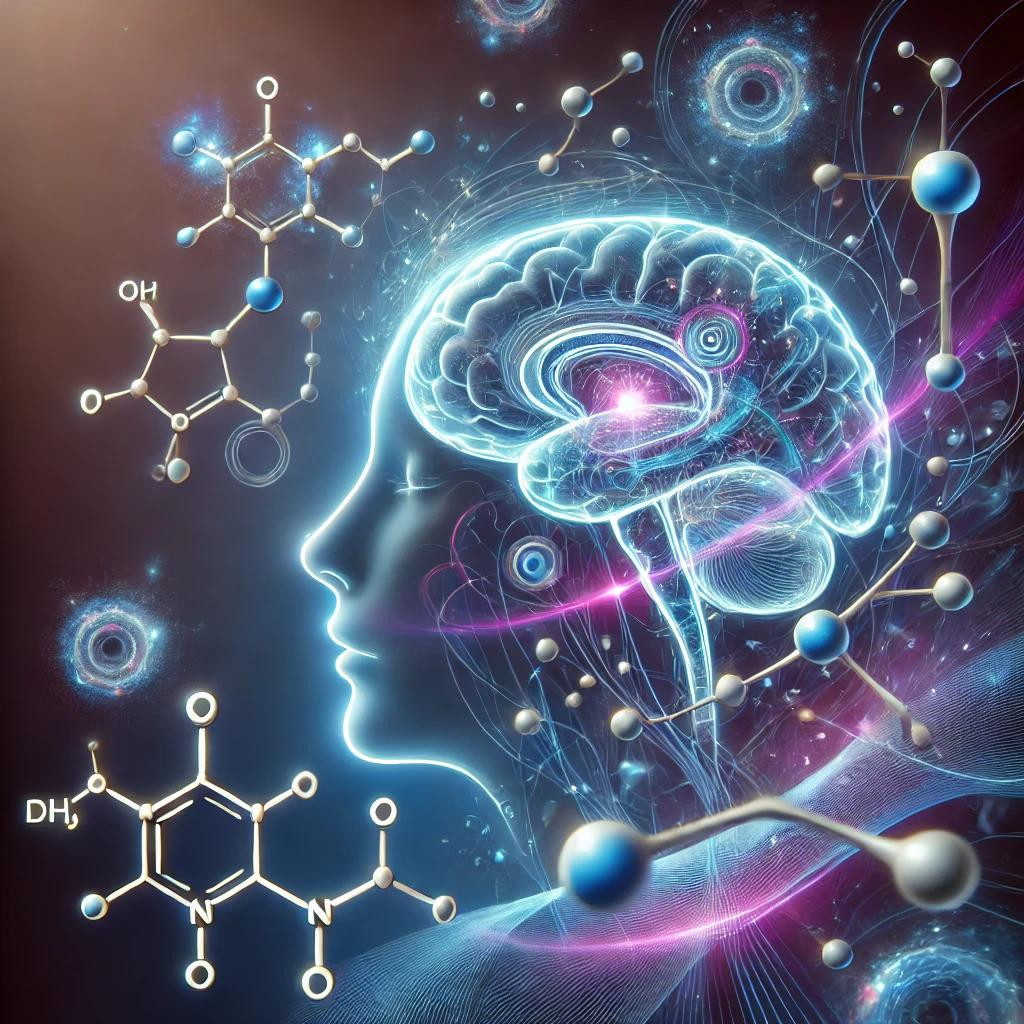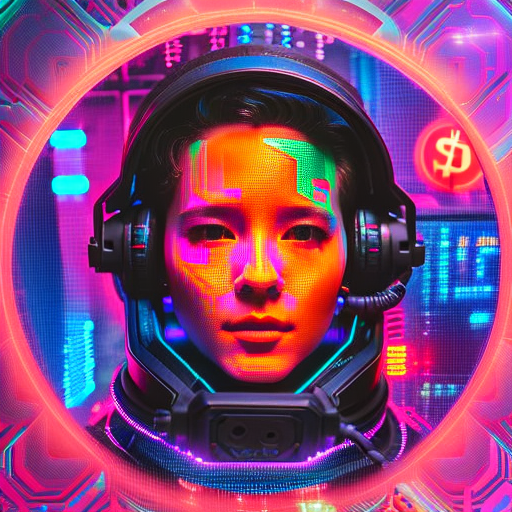Prolactin and Progesterone
How the AI revolution will restructure the dynamics of society
With AI self driving Taxi companies given the Permission to operate in San Fransisco Millions of Workers especially in the Legacy ride-share system will be out of business once these cars are fully functional, and that will in turnhave a huge impact on the dynamics of society including several key areas are among which are:
-
Economic Disruption: Automation driven by AI technologies could lead to job displacement in certain industries, particularly those involving repetitive and routine tasks. This may necessitate the creation of new types of jobs that require skills in areas such as AI programming, data analysis, and human-AI collaboration. Governments and businesses will need to invest in reskilling and upskilling programs to ensure a smooth transition for the workforce.
-
Labor Market and Income Inequality: The AI revolution might exacerbate income inequality as certain segments of the population could struggle to adapt to the changing job landscape. Without proper intervention, there's a risk of creating a divide between those who can harness AI's potential and those who can't, leading to social tensions.
-
New Business Models: AI-driven technologies can enable the development of innovative business models, such as on-demand services, personalized recommendations, and more efficient supply chains. These changes could reshape traditional industries and drive economic growth, but they could also raise concerns related to data privacy, algorithmic bias, and monopolistic behavior.
-
Healthcare and Medicine: AI's capabilities in data analysis, image recognition, and predictive modeling could significantly improve healthcare diagnostics, drug discovery, and personalized treatment plans. This could lead to better health outcomes and longer lifespans, but it also raises ethical questions regarding patient data privacy and the potential dehumanization of medical care.
-
Education and Training: As AI becomes more integrated into the workforce, education systems will need to adapt to prepare students for jobs that require both technical skills and strong critical thinking, creativity, and emotional intelligence. Lifelong learning and flexible education models may become more important.
-
Ethical and Social Considerations: The AI revolution brings forth a host of ethical dilemmas, such as AI bias, accountability for AI-generated decisions, and the potential for autonomous weapons. Addressing these concerns will require collaboration between governments, technology companies, and academia to establish ethical guidelines and regulations.
-
Urbanization and Infrastructure: The proliferation of AI-powered technologies like smart cities, autonomous vehicles, and efficient energy management could reshape urban planning and infrastructure. This may lead to improved resource management, reduced pollution, and enhanced quality of life, but also requires careful consideration of privacy, security, and equitable access.
-
Human-Machine Collaboration: As AI systems become more advanced, the concept of human-machine collaboration will become crucial. AI could augment human capabilities in fields such as scientific research, art, and decision-making. Finding the right balance between human judgment and AI assistance will be vital.
-
Cultural and Social Changes: The way people interact, communicate, and entertain themselves might change due to AI-driven advancements. Virtual reality, AI-generated art, and personalized content recommendations could reshape cultural experiences and social interactions.













Leave a comment